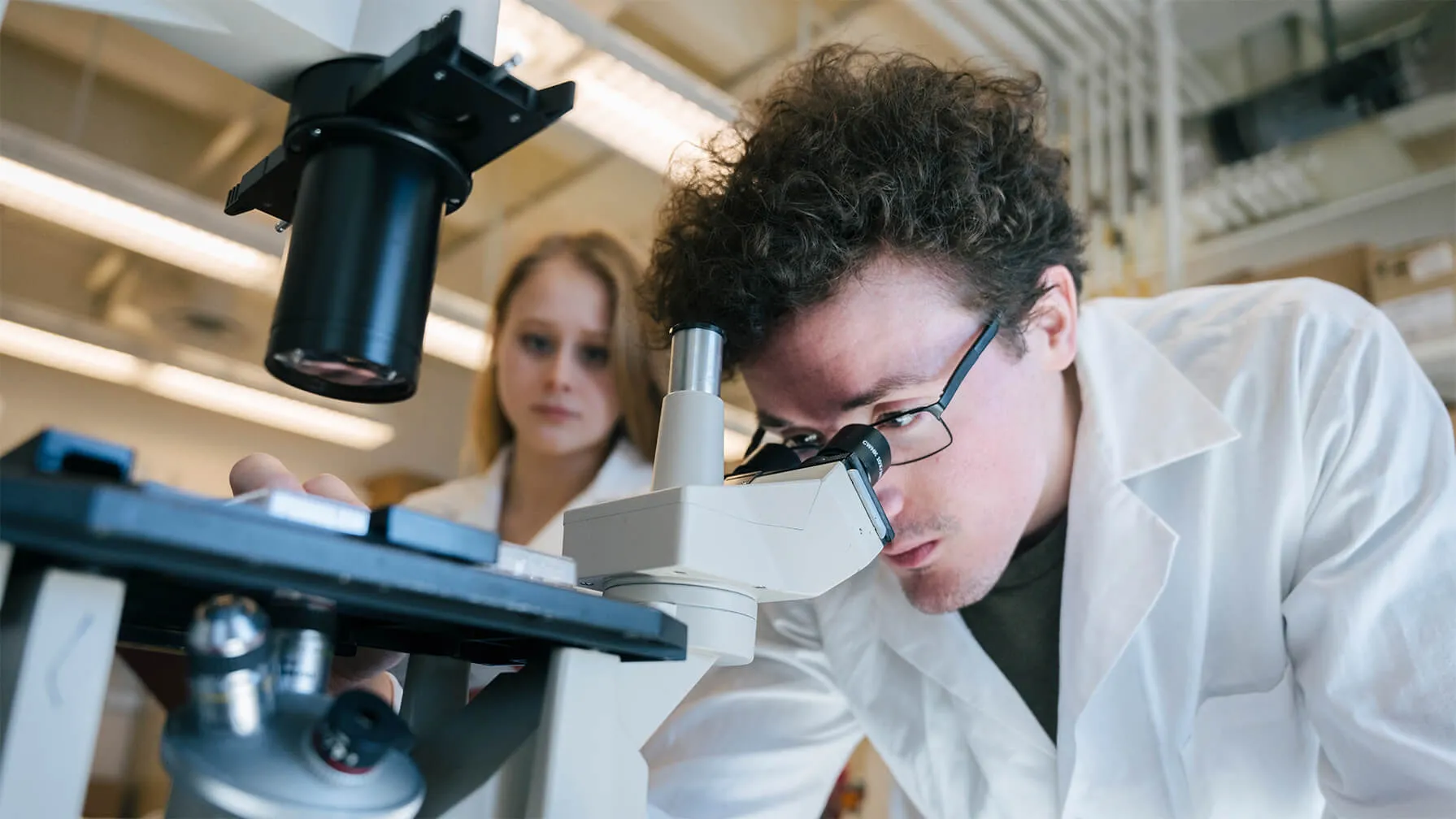The University of Vermont has secured over $5.5M in National Science Foundation funding to support researchers investigating next-generation artificial intelligence computing, human tissue mechanics, atmospheric science, underground robots, and renewable energy systems.
The largest grant of $2.1M is for a new supercomputer for artificial intelligence research at UVM’s Vermont Advanced Computing Center. Named IceCore, the new, high-performance computing cluster is 100 times faster than existing UVM systems. Led by Chris Danforth of UVM’s College of Engineering and Mathematical Sciences, this grant will enable about 1,000 UVM researchers and collaborators from across Vermont and New England to study such timely topics as infectious diseases, computational social science, and the behavior of large language models like ChatGPT.
“We are grateful for the National Science Foundation’s recognition of our talented early career researchers. These funds will offer a vital investment in UVM’s research enterprise,” said UVM President Marlene Tromp. “I want to thank Vermont’s congressional delegation for their steadfast support of UVM and groundbreaking research that will benefit Vermont and the world.”
“Researchers at UVM excel at what they do, and the awards from the National Science Foundation are a testament to their talent and hard work. These grants, totaling $5.5 million, will help UVM’s researchers take significant strides to address some of the most pressing issues of our time, including how we can better treat infectious diseases, use emerging technologies to better respond to natural disasters, and use AI safely and responsibly,” said U.S. Senator Peter Welch. “I’ll continue to advocate for more research funding to support our state’s world-class researchers and academic institutions.”
Among the 11 new NSF grants recently awarded to UVM in 2025 are a record four NSF CAREER awards and two NSF Engineering Research Initiation grants. These programs aid researchers who are early in their careers and undertaking new projects.
The $5.5M total includes:
- $2.1M to a team led by Chris Danforth of the Vermont Advanced Computing Center and Vermont Complex Systems Institute, for the creation of IceCore, a new AI supercomputer cluster, in collaboration with Enterprise Technology Services.
- $695,000 to Giuseppe Petrucci of the Department of Chemistry to study humidity and particle formation in Earth’s atmosphere, with implications for improved understanding of climate.
- $624,000 CAREER award to Niccolo Fiorentino of the Department of Mechanical Engineering to study the structure and function of cartilage for application to osteoarthritis research.
- $571,000 CAREER award to Haicen Yue of the Department of Physics to study tissue mechanics, with implications for regenerative medicine.
- $500,000 CAREER award to Samuel Chevalier, as part of an interdisciplinary team, to study machine learning to improve power grids.
- $396,000 CAREER award to David Punihaole of the Department of Chemistry, to study the behaviors of proteins within cells.
- $200,000 Engineering Research Initiation grant to Laura Treers of the Department of Mechanical Engineering, to study robots that can operate underground to benefit disaster aid and agriculture.
- $200,000 Engineering Research Initiation grant to Kathryn Hinkelman of the Department of Civil and Environmental Engineering, to study aspects of renewable energy systems.
“Our research office has been working tirelessly to boost grant support for UVM researchers, so it is extremely heartening to see this hard work paying off,” said Kirk Dombrowski, UVM Vice President for Research and Economic Development. “These NSF awards will enable us to pursue internationally competitive research, which helps us recruit outstanding faculty and students.
Danforth adds that the new computing infrastructure will also help UVM undergraduate students as they step into the future job market: “Our students will be trained to interact in a high-performance computing environment, which makes them competitive in the job market. This type of experience is very attractive for companies doing data science,” he said. “In terms of innovation and competition for the best students, it’s a huge deal to be on the leading edge.”
To secure nationally competitive grants, UVM’s Office of Research Development supports faculty in many ways. Staff identify promising grants, develop and manage proposal submissions on deadline, and support researchers through the application process. The Office’s new “Commit to Submit” program, which stewards new faculty through the process of applying for NSF CAREER grants, is yielding increasing numbers of successful applications.
Earlier, this year, UVM was recognized among the top tier of universities categorized by the Carnegie Classification of Institutions of Higher Education as R1 – a recognition of an extremely robust research enterprise, and a designation earned by less than 3 percent of U.S. higher education institutions. UVM attracted a record $266M in research funding in the 2024 fiscal year, supporting a vast array of research pursuits improving the lives of people and planet.

